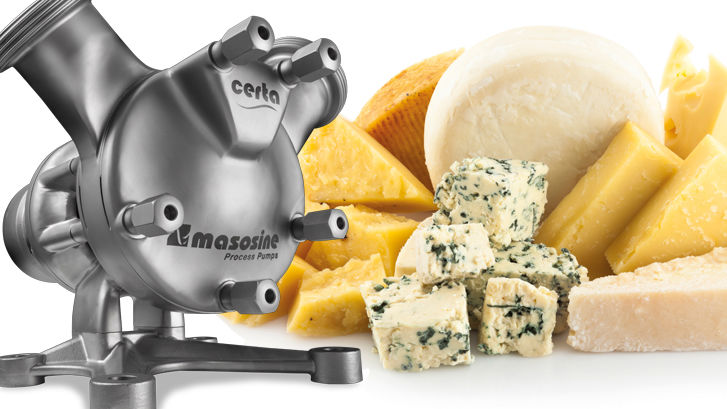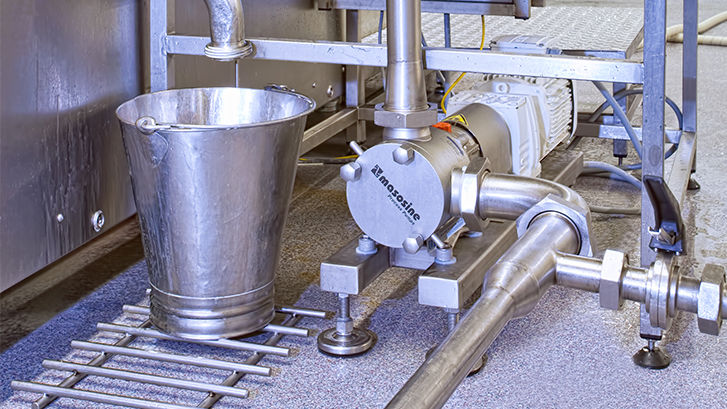- Insight
Perfecting your pump for savings in food and beverage applications
Expert Q&A
Call +44 1326 370 370
Expert Q&A
To ensure a process system is using the most energy efficient pump, a food and beverage company must consider more than just the purchase price. Selecting the best pump technology begins with an analysis of your entire process system including required flow rate and pressure, piping and fluid viscosity.
Here, Florian Walter, MasoSine Product Manager at Watson-Marlow Fluid Technology Solutions (WMFTS), offers advice on how food and beverage companies can make savings on energy costs with the right partner advising on pump technology.
Food and beverage companies are facing rising prices for ingredients, shipping, storage and energy. According to UK Government data, food and beverage businesses have been more affected by increased energy prices than any other business type. Achieving savings is vital to keep a competitive advantage and companies can do this by checking their pumps are energy efficient for their process system. There is an ongoing drive for more sustainable manufacturing and an energy efficient pump is part of that.
Some pumps are not designed for energy conservation and older pumps may not be energy efficient — this can especially be the case for lobe and circumferential piston pumps. Therefore, upgrading your pump can bring significant energy savings, as well as maximising performance. For example, Certa SineR pumps typically require up to 50% less power than conventional pumps used in viscous fluid handling and offer virtually no pulsation, powerful suction and low shear handling.
South African Breweries (SAB), a major brewery and subsidiary of Anheuser-Busch InBev SA/NV, has introduced three Certa Sine 400 pumps to use as part of a yeast cropping application. SAB made the purchase decision after assessing energy consumption comparisons between Certa Sine pumps and comparable lobe or circumferential piston pumps. The yeast application at SAB, with a viscosity of 2000cP, will demand power requirements from the Certa Sine pump of 3.1kW, which compares favourably to a lobe or circumferential piston pump, which would typically require 6kW.
Our integrator customers tell us one of the key challenges they face is how to maximise space for a food and beverage installation without comprising on quality of the pump. We have recently expanded our Certa Sine pump range with an innovative new space-saving model, the Certa Compact, to address this challenge for integrators. The innovative design of this model enables a 30% footprint reduction compared to our existing Certa Sine pump range whilst maintaining the integrity of a premium pump.
The Certa Compact offers the same celebrated product features that customers will be familiar with from the existing Certa Sine pump range but with a more flexible and simplified design that saves valuable assembly time and cost for an integrator during the installation project.
It is important to make an installation analysis of your system before buying a pump, in order to design a sustainable solution. Choosing the right pumping technologies to make processes more efficient requires an understanding of the whole system. Therefore, it’s vital that food and beverage companies partner with a pump and system expert who can support them through the design process. Food and beverage processes change over time, for example with the need to scale up or adapt to a different viscosity of product, so it’s important to have a trusted pump partner who can recommend the best solution according to your changing needs. At Watson-Marlow, our engineers are specialists in what they do and are keen problem solvers, so can work with you to provide a quality pump that works efficiently for your unique processes.
Learn how MasoSine process pumps can benefit your food and beverage process.



